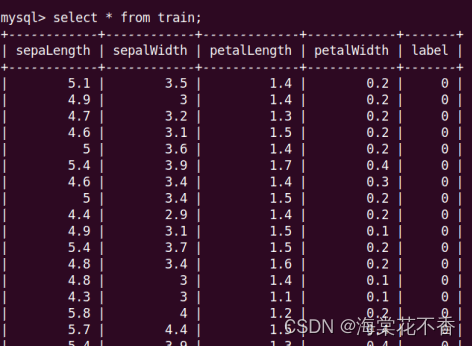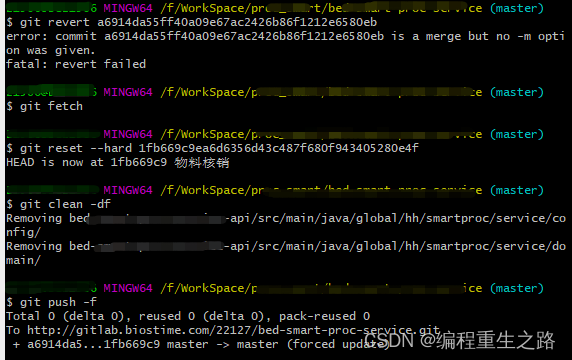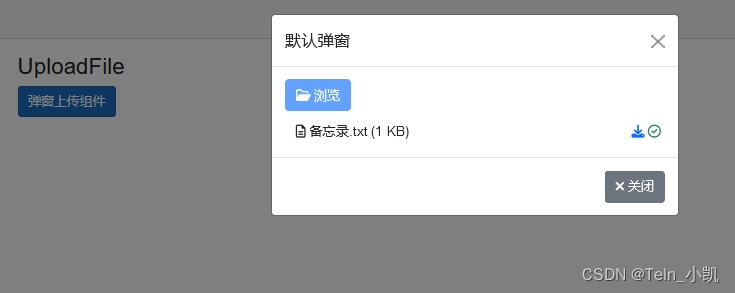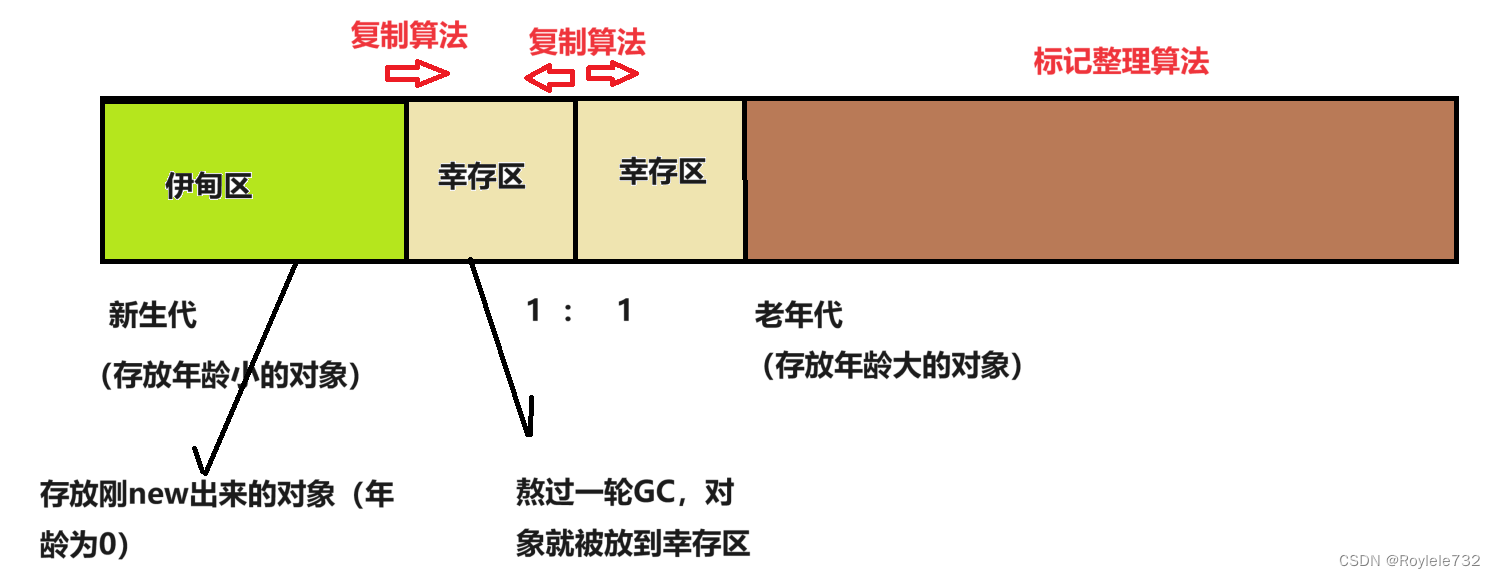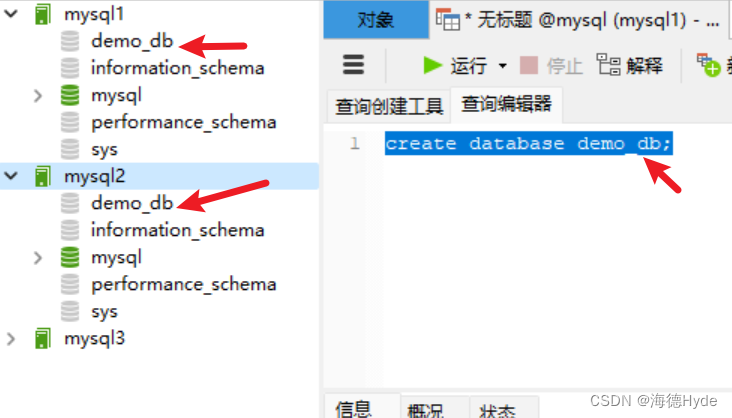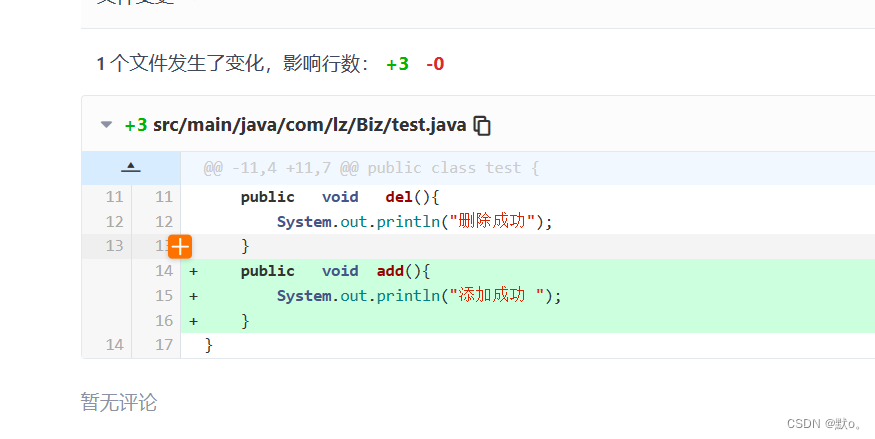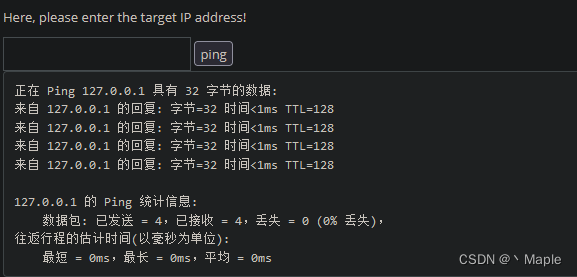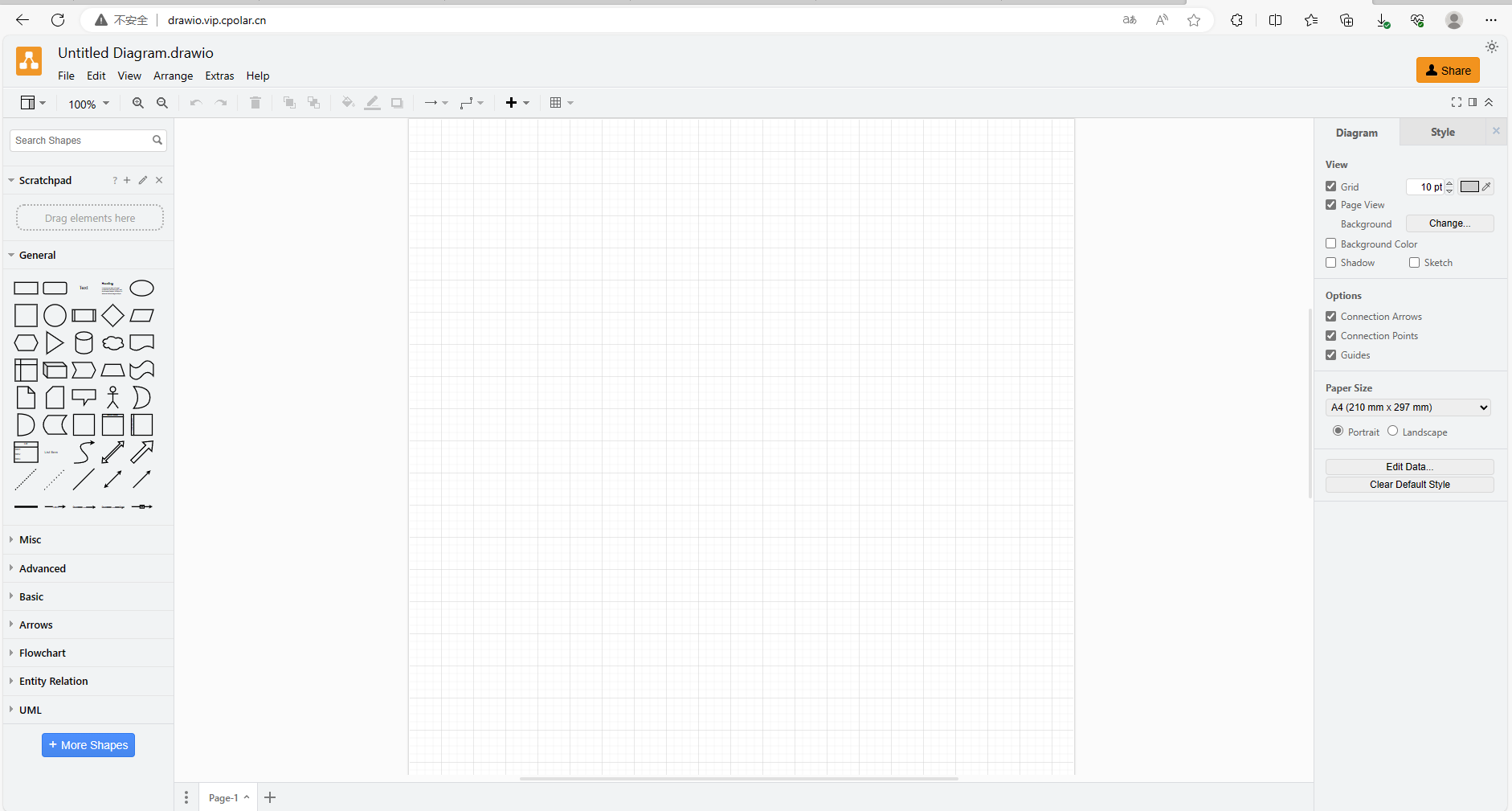文章目录
- 第一步:加入串口控件
- 第二步:加入模块
- 第三步:编写相关函数功能
- 获取所有串口资源
- 设置和打开
- 关闭串口
- 发送字符串(string)
- 发送byte
- 检查串口状态
- 接受byte
- 查询所有可用串口
第一步:加入串口控件
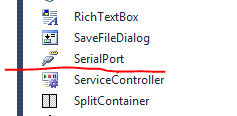
第二步:加入模块
using System.IO.Ports;
第三步:编写相关函数功能
获取所有串口资源
SerialPort.GetPortNames();
设置和打开
serialPort1.PortName = comboBox1.Text;
serialPort1.BaudRate = Convert.ToInt32(comboBox2.Text);
serialPort1.DataBits = Convert.ToInt32(comboBox3.SelectedItem.ToString());
serialPort1.StopBits = (StopBits)Convert.ToInt32(comboBox4.SelectedItem.ToString());
serialPort1.Parity = (Parity)Convert.ToInt32(comboBox5.SelectedIndex.ToString());
关闭串口
serialPort1.Close();
发送字符串(string)
serialPort1.WriteLine(data[i].ToString());
发送byte
serialPort1.Write(data, 0, 13);
提示
- 参数1:pointer to a byte array
- 参数2:offset
- 参数3:number of these bytes
检查串口状态
if (serialPort1.IsOpen == true)
{...
}
接受byte
//receive data
byte[] rbuf=new byte[13];
serialPort1.Read(rbuf, 0, 13);
查询所有可用串口
RegistryKey keyCom = Registry.LocalMachine.OpenSubKey("Hardware\\DeviceMap\\SerialComm");
if (keyCom != null)
{string[] sSubKeys = keyCom.GetValueNames();scom.Items.Clear();foreach (string sName in sSubKeys){string sValue = (string)keyCom.GetValue(sName);scom.Items.Add(sValue);}
}
